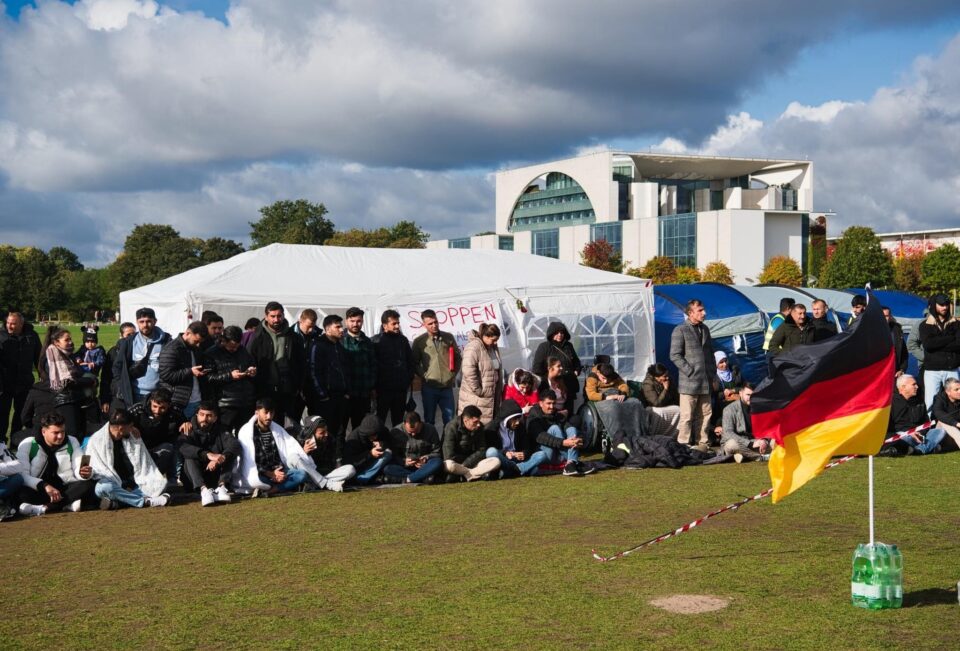Sema
The deportation of Ezidi refugees from Germany has been quietly ongoing, raising alarm among human rights advocates and community members.
On Saturday, May 31, 2025, Ezidi human rights activist Hassan Qawal spoke to Sema, shedding light on the underlying issues driving these deportations.
“The German government now treats Ezidi refugees as individuals, like any other group,” Qawal explained.
“They no longer view Ezidis as a persecuted minority. Each local authority handles cases independently, and there’s no official justification for the broader deportation of Ezidis.”
Qawal pointed out that one of the key contributing factors is legal representation.
“Some lawyers fail to submit accurate or complete information to the courts and immigration authorities. Additionally, decisions made by officials in asylum institutions are often influenced by personal judgment, rather than consistent policy. This has had a serious negative impact on Ezidi asylum claims.”
Since the beginning of 2025, numerous Ezidi refugees—particularly those originating from the Kurdistan Region—have been deported. In response, Ezidi families and activists across Germany have issued repeated calls for the government to halt these removals and review the legal framework guiding them.
Germany is home to the largest Ezidi diaspora community. After the ISIS genocide in Sinjar in August 2014, more than 100,000 Ezidis sought refuge in Germany. Today, an estimated 360,000 Ezidis live in the country, where they continue to maintain their rich social, religious, and cultural heritage.
The growing number of deportations has sparked concerns not only about the legal inconsistencies in handling asylum cases, but also about the broader implications for a community that continues to suffer the trauma of genocide and displacement.

